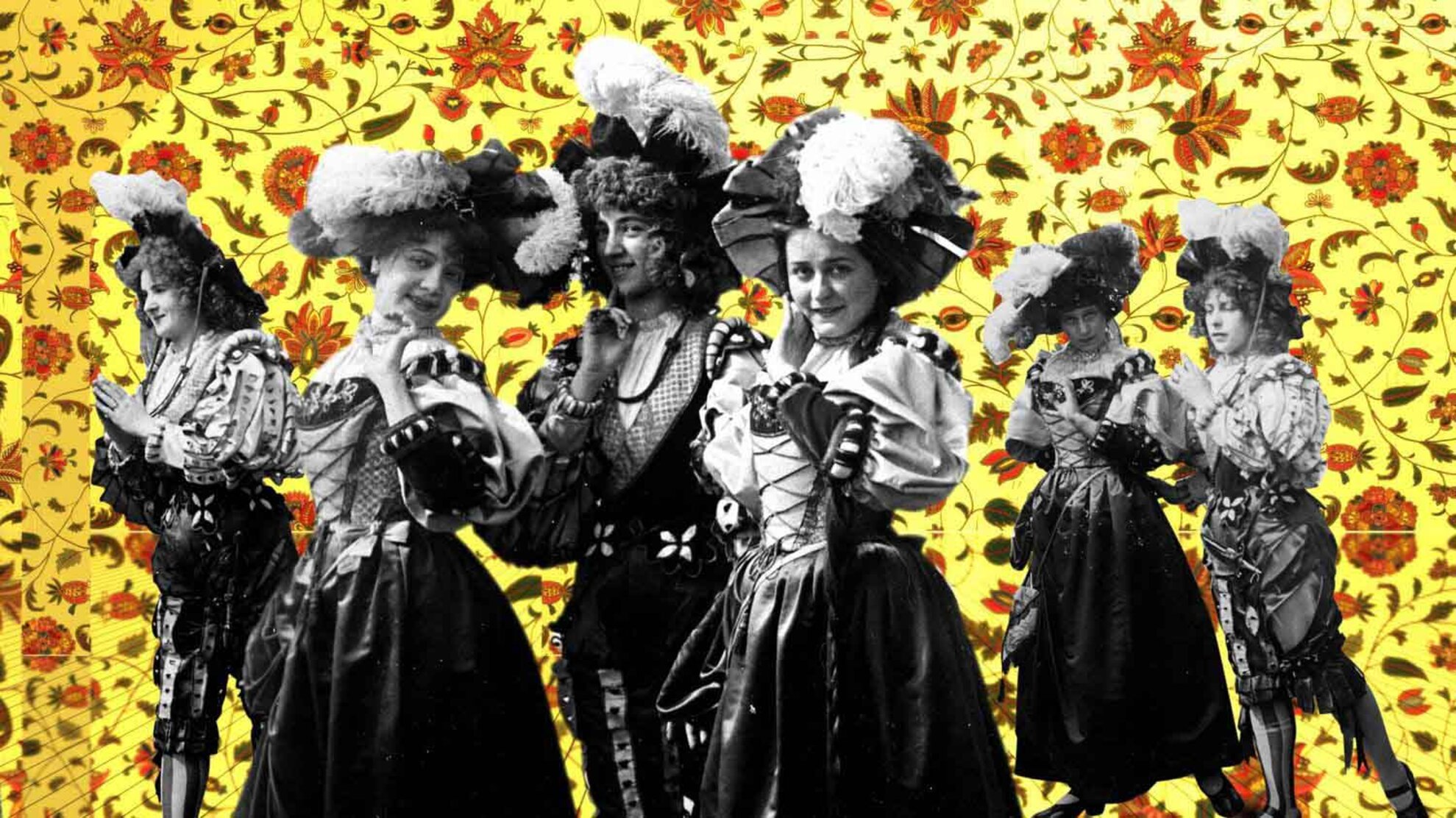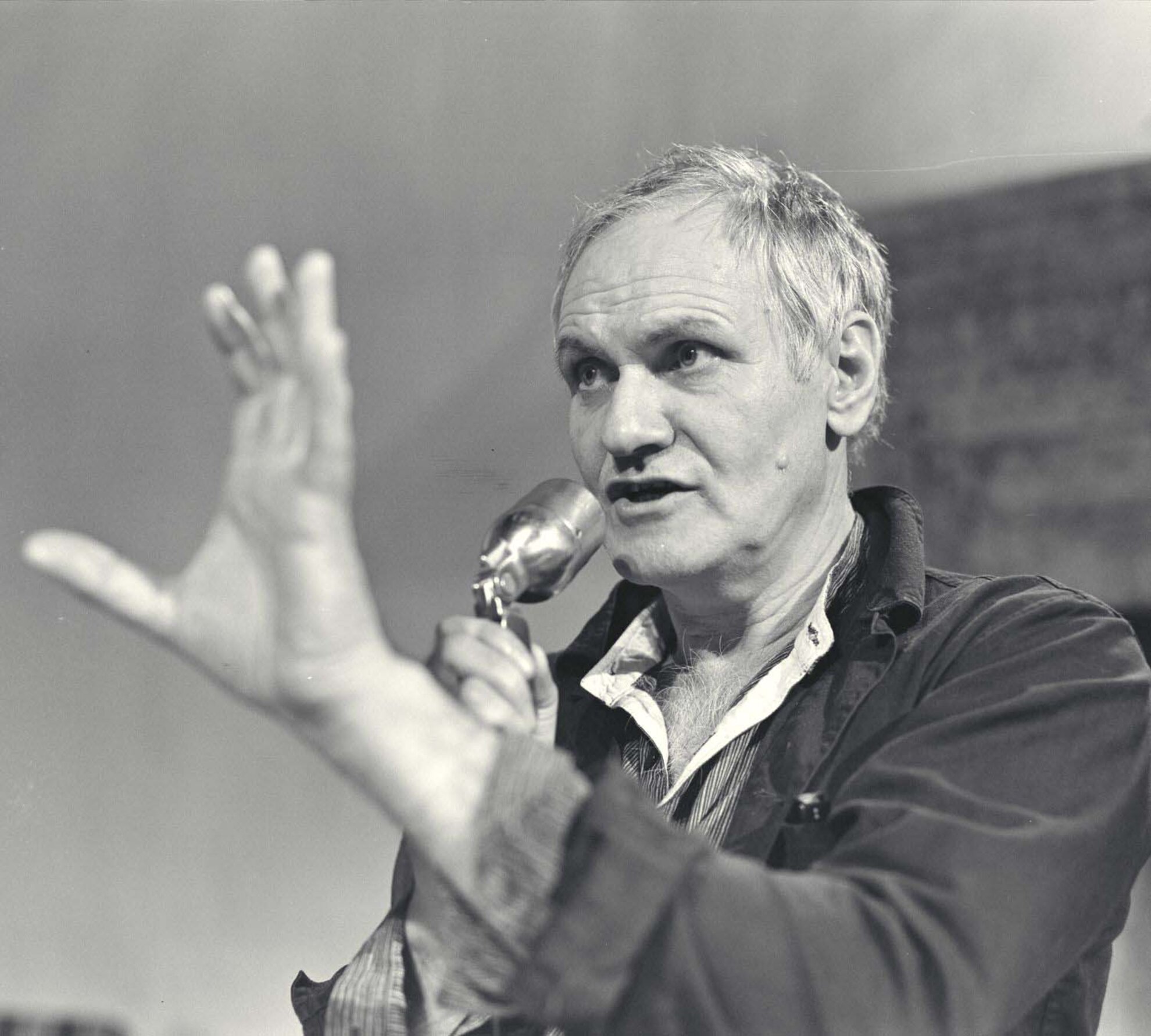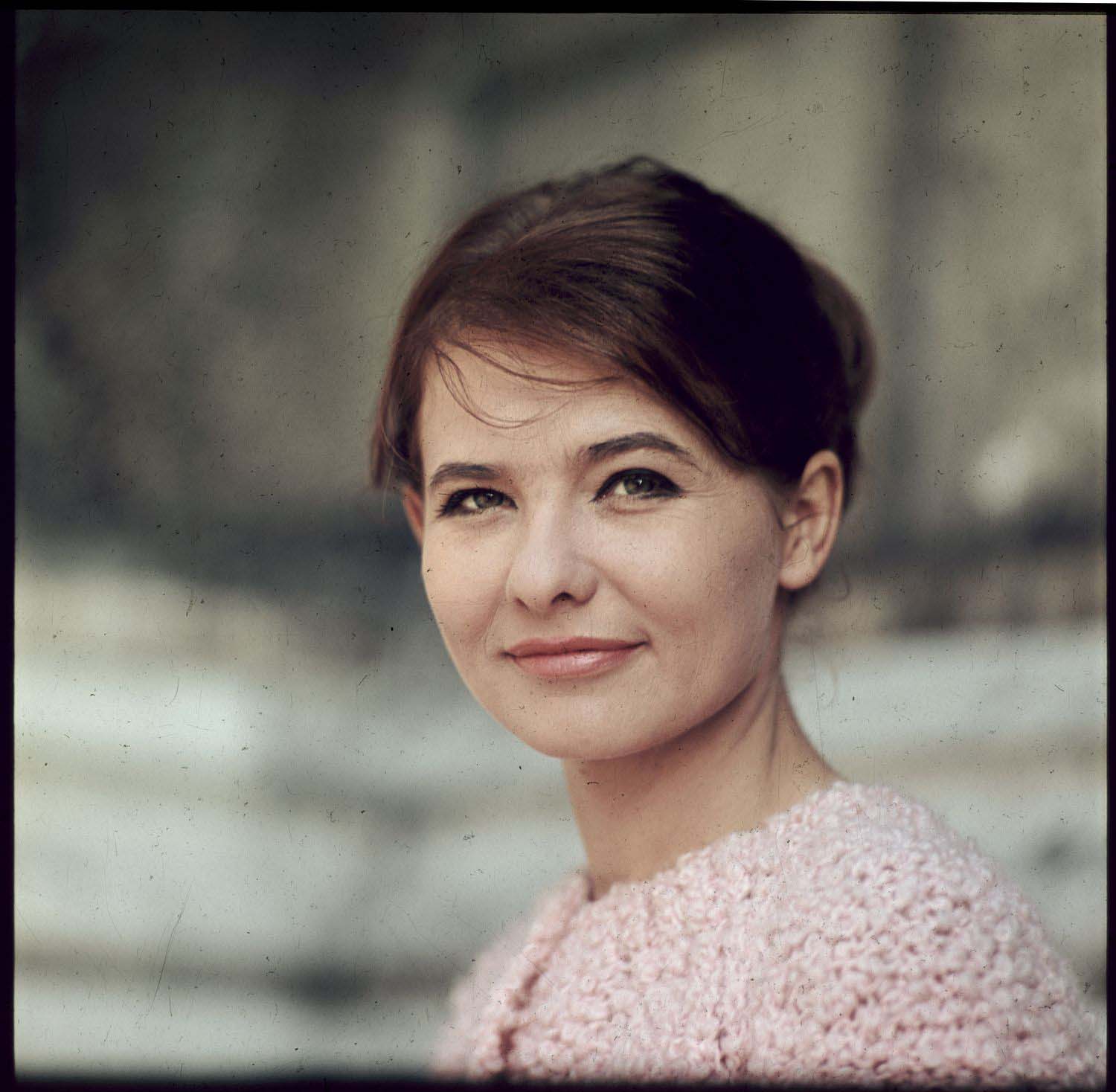This year’s Budapest Classics Film Marathon marks several anniversaries and honours major personalities from the world of cinema. At the same time as a major exhibition at the Ludwig Museum covers the history of Hungarian cinema, the festival begins on 21 September at the very venue where the screening took place of the first feature film made here, A táncz, in 1901.

For this year’s gala opening, there will be a selection of Lumière films from 1896, an animated documentary about A táncz, plus a digitally remastered version of Sándor Korda’s 1918 film Az aranyember. Adapted from the famous novel by Mór Jókai, the film was one of the last the later producer Alexander Korda made in Hungary. An orchestra accompanies.
Other venues include the Toldi cinema, the French Institute, Ludwig Museum and, for four evenings and showing films for free, Szent István tér in front of the Basilica.

As part of the hommage section, the festival commemorates revered actress Mari Törőcsik, who died recently, as well as mark the centenary of the birth of famed filmmaker Miklós Jancsó, the 90th year since the birth of his fellow directors Zoltán Huszárik and Márta Mészáros.
Two animation artists, Sándor Reisenbüchler and János Halász (John Halas), as well as avant-garde designer László Moholy-Nagy, are also featured in this year’s Marathon programme.
Hungarians in Hollywood looks at the rich Magyar filmic heritage in Tinseltown. Billy Wilder’s classic The Apartment featured the Oscar-winning art direction of Alexandre Trauner (Sándor Trau), while the evergreen Casablanca was directed by Michael Curtiz (Mihály Kertész) and featured several Hungarian actors, not least Peter Lorre (László Löwenstein).

The Open Archives programme presents restored and rarely seen works from the European film archives. This year, there’s a motorbike film from the 1920s, Orson Welles’ F for Fake, George Pal’s commercial animations and silent films accompanied by live music.
At the Basilica, you can sit down to enjoy Miklós Jancsó's completely restored masterpiece, Szegénylegények and Marcell Jankovics’ János vitéz, as well as Close Encounters of the Third Kind and The Legend of 1900, both featuring Hungarian cinematographers, Vilmos Zsigmond and Lajos Koltai.
Festival information
Budapest Classics Film Marathon
Various venues including the Uránia National Film Theatre and the Toldi cinema
21-26 September




